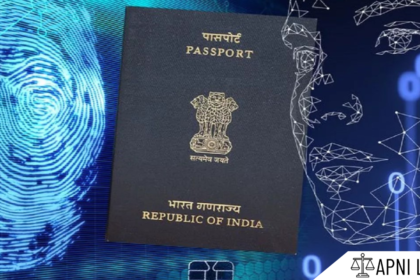Code
CPC Notwithstanding
anything in this Part, the Court shall not order the arrest or detention in the civil prison of a woman in
execution of a decree for the payment of money.
Perfect — this is Section 56 CPC. Let’s format it in the same structured way as before.
Section 56 CPC: Prohibition of Arrest or Detention of Women in Money Decrees
Code: Section 56 of the Civil Procedure Code
56. Prohibition of arrest or detention of women in execution of money decree.
Notwithstanding anything in this Part, the Court shall not order the arrest or detention in the civil prison of a woman in execution of a decree for the payment of money.
Explanation of Section 56 CPC
Section 56 CPC provides absolute protection to women against arrest or detention in execution of a money decree.
Key points:
- Applies specifically to decrees for payment of money.
- Even if the decree-holder seeks arrest of a woman debtor, the Court cannot order it.
- The section overrides all other provisions in this Part of CPC (“Notwithstanding anything in this Part”).
- However, it does not apply to other types of decrees (e.g., specific performance, injunction, restitution of conjugal rights).
This provision recognizes social and humanitarian considerations, exempting women from the coercive process of imprisonment for money recovery.
Illustration
- Example 1:
A woman is a judgment-debtor under a decree requiring her to pay ₹2,00,000. The decree-holder files for her arrest. Under Section 56 CPC, the Court cannot order her arrest or detention in civil prison. - Example 2:
If the decree is not for payment of money, but for specific performance of a contract, the exemption under Section 56 does not apply, and the woman may face other execution proceedings (though not arrest for money decree).
Common Questions and Answers
1. Can a woman ever be arrested in execution proceedings?
Yes, but not for money decrees. If the decree is of another nature (e.g., specific performance), the protection of Section 56 may not apply.
2. Does Section 56 apply irrespective of the woman’s age or status?
Yes. The protection is absolute and universal for all women, regardless of age, marital status, or financial position.
3. If a woman cannot be arrested, how can a decree-holder recover money?
The decree-holder may proceed through other modes of execution under CPC, such as:
- Attachment of property (movable or immovable) under Order 21,
- Garnishee proceedings,
- Appointment of a receiver.
4. Why is such protection given only to women?
This protection is rooted in social policy considerations—to safeguard women from imprisonment for financial liabilities, reflecting humanitarian principles in procedural law.
Conclusion
Section 56 CPC is a protective measure for women judgment-debtors, ensuring that they cannot be arrested or detained in civil prison in execution of money decrees. While this limits one mode of execution for decree-holders, alternative remedies are available to enforce such decrees.
For further insights on execution proceedings under CPC, visit ApniLaw.








